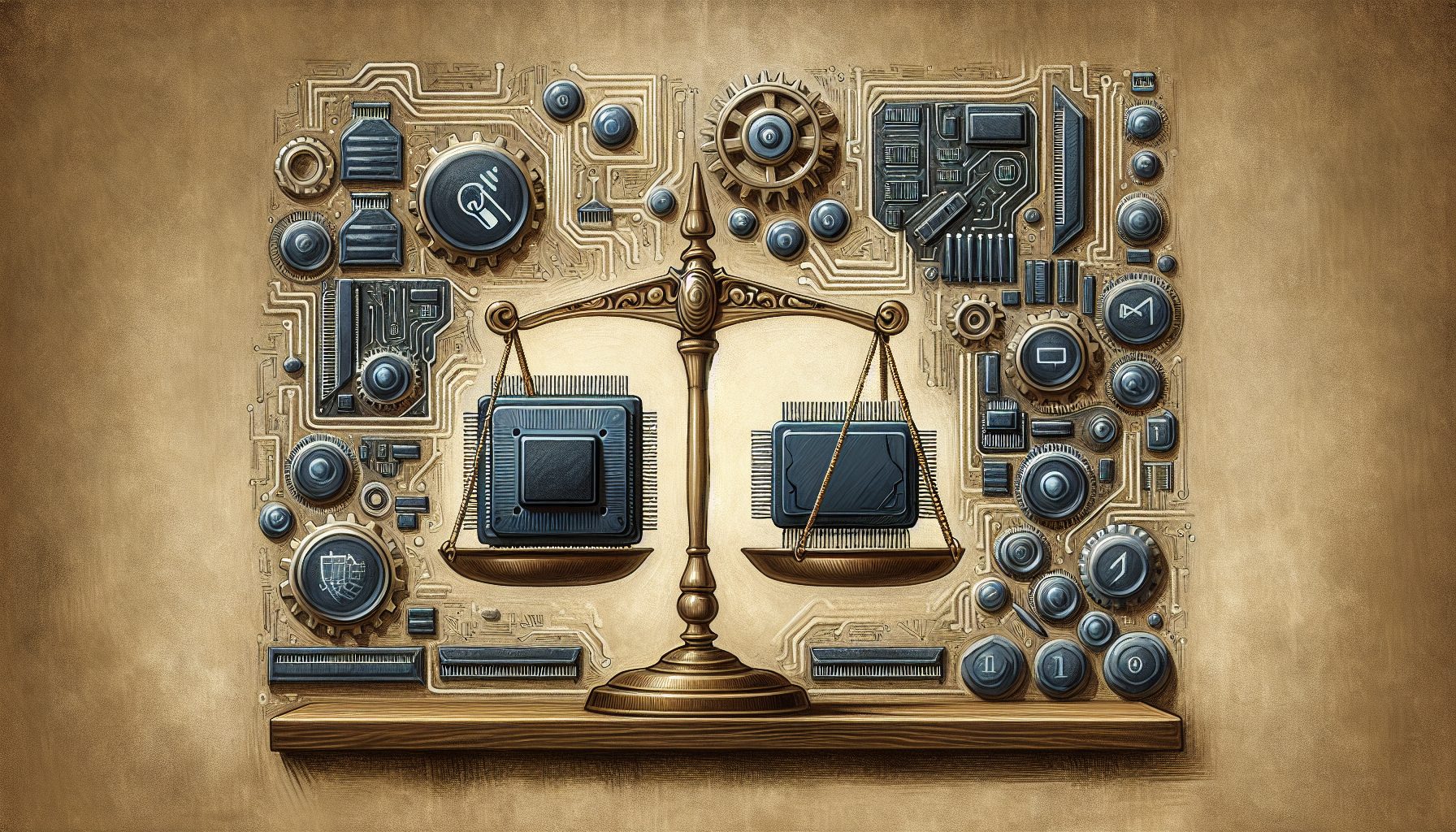Robert Mendel, director of information technology at Life Time Fitness, plans to roll out Linux-powered PCs in the company’s new exercise centers. He’s also installing Sun Microsystems’ StarOffice in place of Microsoft Office in his Eden Prairie, Minn.-based business.
He wants to save on licensing costs.
“We’re going to pursue this long-term to bypass Windows licensing,” says Mendel. “Our decision isn’t about the technology—it’s purely financial.”
That calculus could change, if one day he has to pay a license fee to use Linux instead of Windows.
And that’s a possibility if SCO Group is successful in prosecuting a $1 billion lawsuit against IBM that it believes will prove Linux infringes on patents it holds.
Will that matter? Probably not. “Even if my licensing cost for Linux jumped 50% it would be justified economically,” says Mendel.
Other technology executives echo that view. Despite the rabid reaction to SCO’s lawsuit among Linux developers, executives say the flap has minimal impact on their plans for the open-source operating system.
Their testing will continue, as will plans to consolidate servers, migrate Linux on the mainframe and the like. Even if successful, SCO’s drive for license fees won’t radically change the underlying economics favoring the free Linux operating system. And Linux could be rewritten to avoid inclusion of any code that might infringe on SCO intellectual property.
In a complaint filed in March, SCO alleges that IBM has misappropriated its license of Unix source code because it has pushed Linux use in corporations. Since Linux is a descendant of Unix code, IBM illegally distributed Unix via Linux “undermining and destroying the entire marketplace value of Unix in the enterprise market.”
Last month, SCO sent a letter to 1,500 corporate Linux users noting that “Linux is, in material part, an unauthorized derivative of Unix” and “legal liability may arise” for the end user.
SCO is threatening to pull IBM’s license for the Unix code, used in its AIX operating system, on June 13. (AIX is Big Blue’s flavor of Unix.) An injunction could impact thousands of corporate mainframes, but analysts say IBM would countersue and customers wouldn’t be affected.
As for the court combatants, SCO argues it is protecting its intellectual property saying that big players such as Microsoft, which has a vested interest in making Linux more expensive, licensed the Unix code. An IBM spokeswoman says Big Blue will “defend this vigorously, adding, “It won’t impact our commitment to open standards.”
The big question is whether a prolonged Linux intellectual property war will hold back adoption in corporations. The early answer is that the SCO-IBM suit is good theater but little more.
Executives view SCO as a struggling company playing its last card—its Unix intellectual property—in an attempt to get IBM to either buy it out or settle to provide funds for SCO’s strategy change. So far, it’s working; SCO reported net income of $4.5 mil- lion for the quarter ended April 30, largely because it licensed Unix to Microsoft and an unnamed company for $8.8 million.
SCO’s Unix source code was originally created by AT&T before being passed on to Novell and then SCO through acquisitions. Novell says SCO’s claims don’t have merit, and challenges SCO to highlight the offending code. On an earnings conference call, SCO CEO Darl McBride says he can only reveal his evidence under a nondisclosure agreement.
McBride says three different code teams verified the offending code in Linux, adding “it was not just a line or two” and there were “significant problems.”
Regardless, it’s a little late for SCO to be trying to put Linux back in the bottle, say technology executives. “I think open source is now just a fact,” says Paul Mercurio, CIO at Mobil Travel Guide.
Executives like Mercurio, who are either using or evaluating Linux, also say SCO would have a tough time collecting license fees from the 1,500 companies that received its warning letter. Since there aren’t any licenses for Linux, it’s unclear how SCO would be able to quantify how many machines are running the open-source software. And then there’s the Linux community backlash. If SCO won and went on a licensing binge, who’s to say that thousands of developers couldn’t just write around it and keep developing Linux?
“SCO sort of has a point, but I doubt it’ll get anywhere,” says Scott Clark, I.T. director at Sitel, a provider of customer contact centers.
Clark uses IBM’s AIX operating system and says Big Blue has done a good job embedding Linux on the mainframes. More important, his 85 Linux boxes achieved 100% uptime in the first quarter. That performance would make additional costs worth it, but he doubts it’ll come to that.
Nevertheless, Gartner Inc. has recommended to its clients that they minimize Linux for mission-critical applications until the SCO suit is resolved, a process that could take years.
For many companies, Linux adoption is a slow process anyway. According to George Kaadi, vice president and manager of information technology systems at Bank of Tokyo-Mitsubishi, his company is considering using Linux for data warehousing and eventually migrating it to the company’s IBM mainframes.
Kaadi says the economics work because all Linux has to do is be less expensive than licensing the alternatives, notably Unix and Windows 2000.
“For us, it’s about cutting maintenance and support costs and better availability,” says Kaadi. “I could break even on licensing.”
Stuart Jackson, director of bioinformatics for Incyte Genomics of Palo Alto, Calif., says technology executives probably aren’t concerned about the SCO suit, largely because it’s hard to see how fees would filter down to the customer.
“You can justify the fees for proprietary systems because there was a lot of effort put into developing them,” says Jackson, whose company runs one of the world’s largest commercial scientific Linux operations. “How much value have they added to the original code?”
In any event, large companies are most likely to eat the costs of any potential licensing, say analysts. If there is any chilling effect on Linux development, it is smaller companies that could get cold feet.
If companies such as Mendel’s Life Time—a privately held company with $280 million in annual revenue—delay Linux plans, it’ll be a sign that the SCO suit is hurting adoption.
“The midsize market companies are the ones doing it just to save money,” says Colleen Niven, an analyst at AMR Research. “They would be the ones most affected if licensing started.”
But for now, the midmarket companies also are playing down any worries about the SCO lawsuit.
Mike Hugos, CIO of Network Services Corp., a Mount Prospect, Ill., supplier of housekeeping and maintenance supplies, says he’d drop the plans for the open-source operating system if Linux somehow became more expensive than Microsoft to license. But he doesn’t see how that’s possible.
“I had to explain to my CFO three times why we had to write a six-figure check to Microsoft when they changed their licensing,” says Hugos. “Even if there’s a little Linux licensing in return for cutting expenses, overall I’m for it.”








